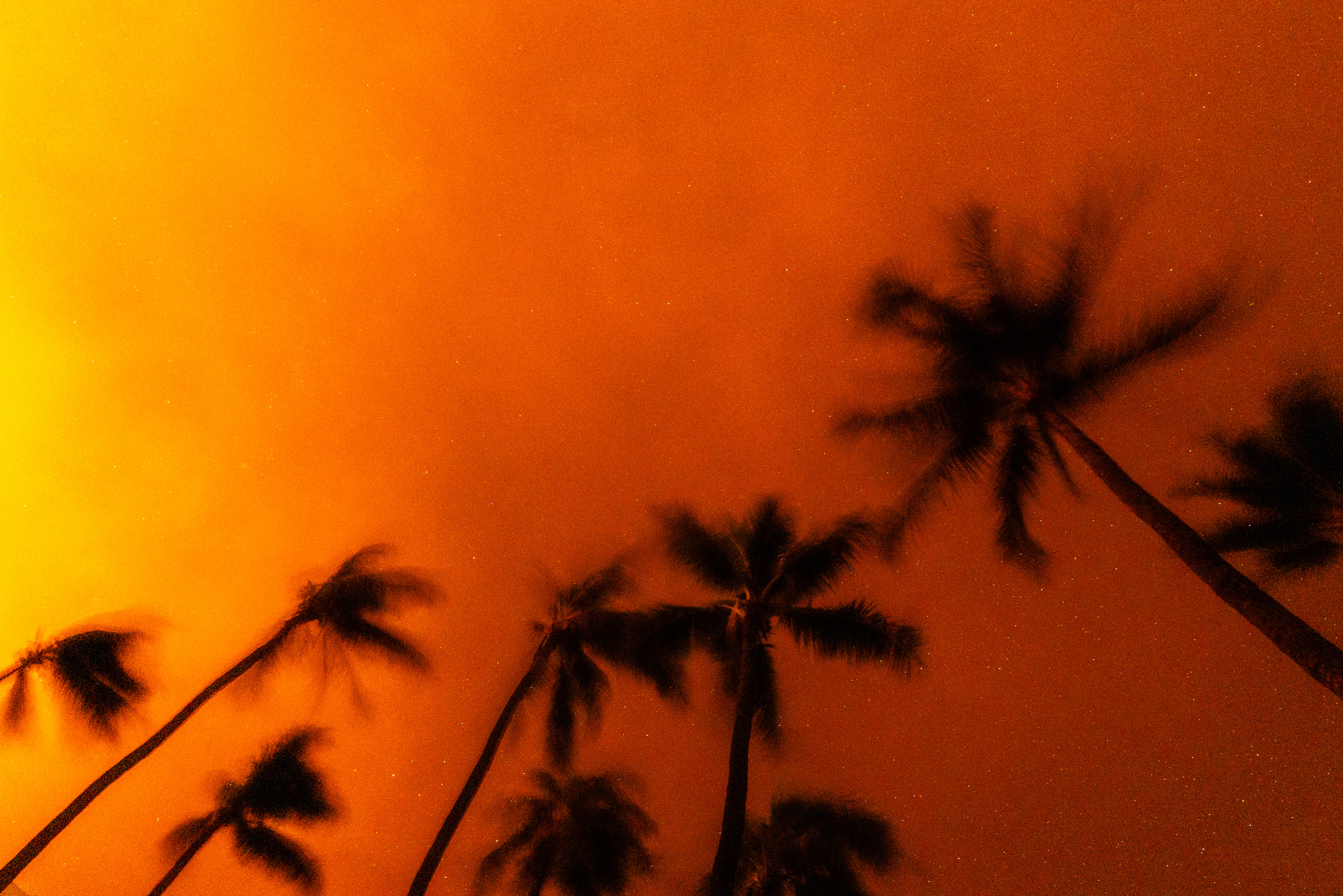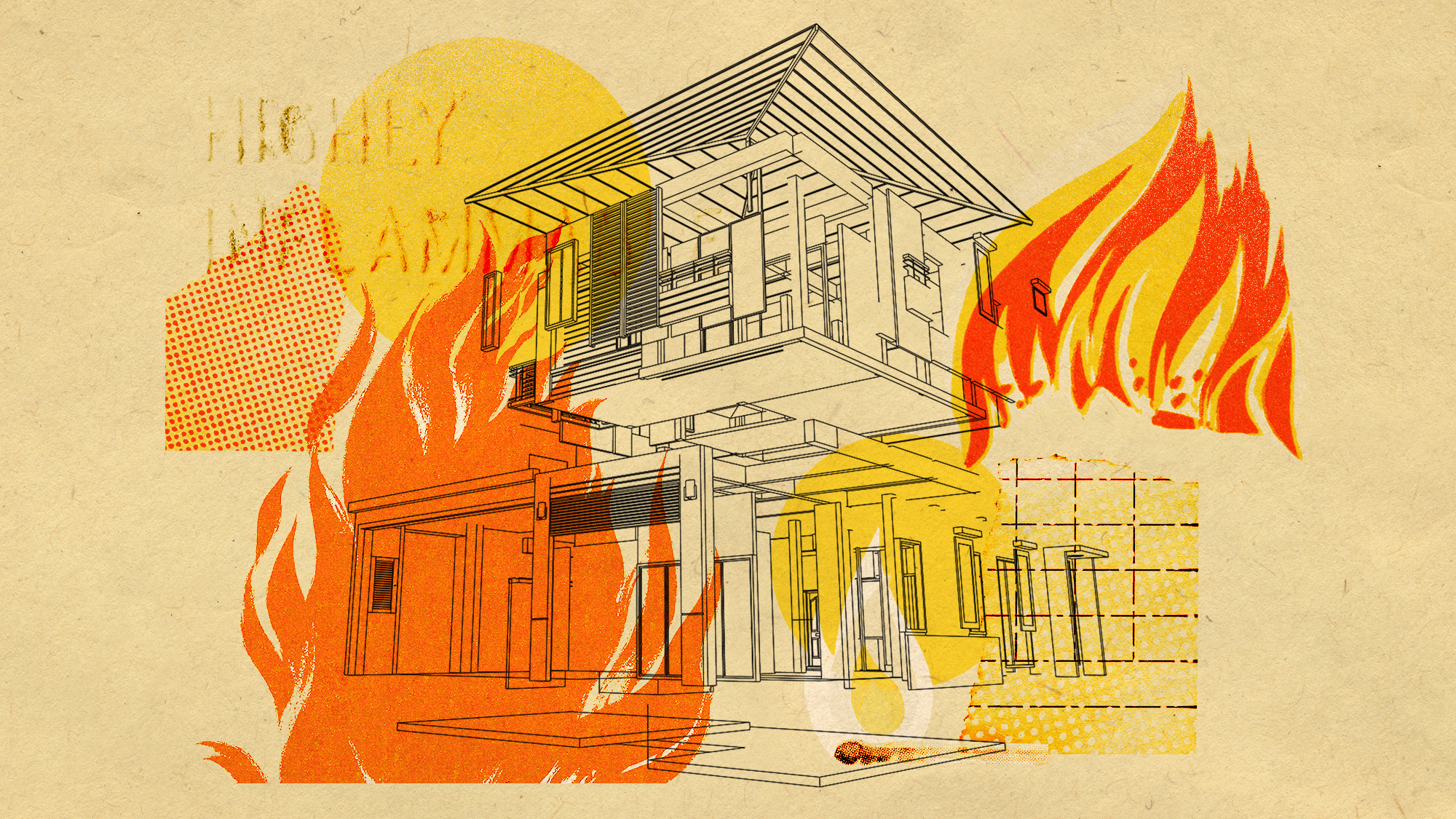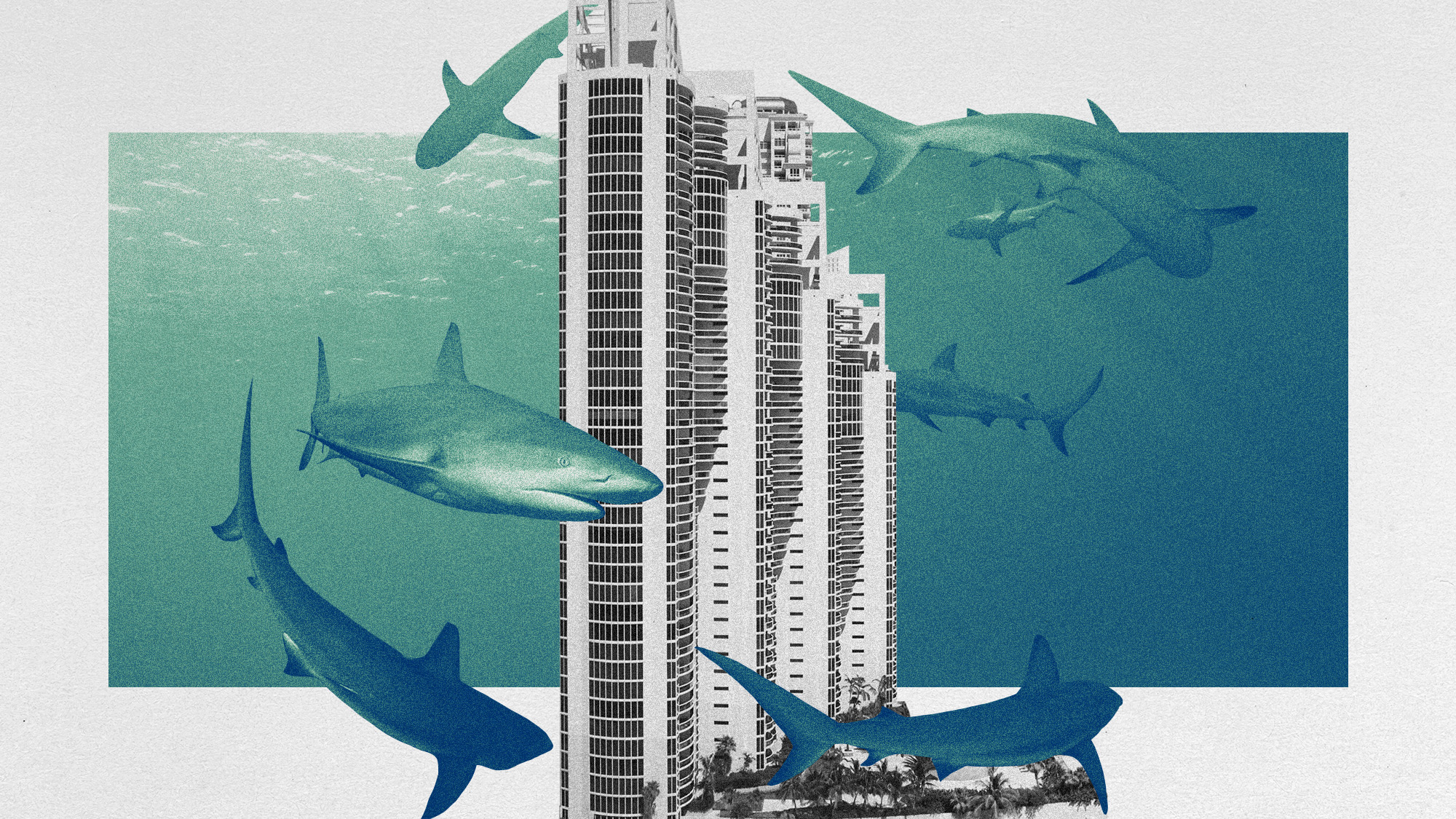The growing threat of urban wildfires
Maui's fire indicates a phenomenon that will likely become more common


A free daily email with the biggest news stories of the day – and the best features from TheWeek.com
You are now subscribed
Your newsletter sign-up was successful
Maui's wildfire is one of the deadliest urban fires in U.S. history, with a death toll of at least 114 people and many more missing. And these fires are going to become increasingly common.
What are urban wildfires?
Urban wildfires happen in residential and developed areas like the historic town of Lahaina on Maui. They develop when a fire occurs at the wildland-urban interface (WUI) of a region, which is the "zone of transition between unoccupied land and human development," per the U.S. Fire Administration. "It is the line, area or zone where structures and other human development meet or intermingle with undeveloped wildland or vegetative fuels." More building has occurred in these areas as people want to gain proximity to nature.
Fires in these areas have been on the rise, largely due to the combination of climate change and human development. "The expansion of the built environment and the growth of settlements and their long-term resource requirements have been dramatic across the globe," according to a study published in the journal Nature. "The most immediate human-environmental conflicts arise where buildings are built in or near wildland vegetation." Climate change has also caused more fires as the heat sucks moisture from the vegetation, making them more likely to catch fire.
The Week
Escape your echo chamber. Get the facts behind the news, plus analysis from multiple perspectives.

Sign up for The Week's Free Newsletters
From our morning news briefing to a weekly Good News Newsletter, get the best of The Week delivered directly to your inbox.
From our morning news briefing to a weekly Good News Newsletter, get the best of The Week delivered directly to your inbox.
Essentially, the hotter fires from climate change are "burning human structures not as collateral but as fuel," with the wind spreading the flames "from home to home as earlier fires would jump from tree crown to tree crown," wrote David Wallace-Wells in a piece for The New York Times.
Resemblance to 2018's Camp Fire
The historic resort town of Lahaina was left as a "scene of charred devastation," as described by The Washington Post. "When fire consumes a community, it burns indiscriminately through products people need for everyday life." This fire bears many similarities to the 2018 Camp Fire in California.
While the Maui fire is the deadliest in the U.S. in over 100 years, the Camp Fire was the previous record holder, with 85 deaths and 18,800 homes and businesses lost in the Town of Paradise, per CNN. Much of the deadliness of both disasters was the lack of preparation for fires. "Because of exposure to many past disasters, the Town of Paradise may have underestimated the speed at which a fire could spread," according to a report by the Town of Paradise following the fire.
"There are no firefighting capabilities for structure-to-structure urban fire in winds like that," Thomas Cova, who studies wildfire evacuations at the University of Utah, said of Lahaina to Wired. "Once one structure catches on fire, if the wind's blowing like that, it becomes like a blowtorch against the neighboring home."
A free daily email with the biggest news stories of the day – and the best features from TheWeek.com
Will there be more?
Yes, for two main reasons: climate and development. The changing climate will create more fire-hazard areas because of the increase in dry vegetation. And wildland-urban interfaces will continue to grow by approximately 2 million acres per year, with 60,000 communities already at risk for WUI fires, according to the U.S. Fire Administration. "Of all people living near 2003-2020 wildfires (0.4 billion), two-thirds have their home in the WUI, most of them in Africa (150 million)," the study in Nature reported.
"We've long believed the built environment offered formidable firebreaks and worried over what might be lost when fires passed near homes as a form of tragic collateral damage," remarked Wallace-Wells. In any developed area "where you have a wildland-urban interface and then you have any kind of complicated transportation, where you don't have free egress, that's problematic," Ann Bostrom, a risk communication researcher at the University of Washington, told Wired.
Many areas, especially those like Maui, that are not prone to fires, lack the resources to withstand fires and are grossly underprepared to execute large-scale evacuations when necessary. As Wallace-Wells reported, "When the fire broke out, almost no one seemed adequately prepared."
Devika Rao has worked as a staff writer at The Week since 2022, covering science, the environment, climate and business. She previously worked as a policy associate for a nonprofit organization advocating for environmental action from a business perspective.
-
 Bad Bunny’s Super Bowl: A win for unity
Bad Bunny’s Super Bowl: A win for unityFeature The global superstar's halftime show was a celebration for everyone to enjoy
-
 Book reviews: ‘Bonfire of the Murdochs’ and ‘The Typewriter and the Guillotine’
Book reviews: ‘Bonfire of the Murdochs’ and ‘The Typewriter and the Guillotine’Feature New insights into the Murdoch family’s turmoil and a renowned journalist’s time in pre-World War II Paris
-
 Witkoff and Kushner tackle Ukraine, Iran in Geneva
Witkoff and Kushner tackle Ukraine, Iran in GenevaSpeed Read Steve Witkoff and Jared Kushner held negotiations aimed at securing a nuclear deal with Iran and an end to Russia’s war in Ukraine
-
 How climate change is affecting Christmas
How climate change is affecting ChristmasThe Explainer There may be a slim chance of future white Christmases
-
 Why scientists are attempting nuclear fusion
Why scientists are attempting nuclear fusionThe Explainer Harnessing the reaction that powers the stars could offer a potentially unlimited source of carbon-free energy, and the race is hotting up
-
 Canyons under the Antarctic have deep impacts
Canyons under the Antarctic have deep impactsUnder the radar Submarine canyons could be affecting the climate more than previously thought
-
 NASA is moving away from tracking climate change
NASA is moving away from tracking climate changeThe Explainer Climate missions could be going dark
-
 What would happen to Earth if humans went extinct?
What would happen to Earth if humans went extinct?The Explainer Human extinction could potentially give rise to new species and climates
-
 Bacteria can turn plastic waste into a painkiller
Bacteria can turn plastic waste into a painkillerUnder the radar The process could be a solution to plastic pollution
-
 Why do some houses survive a wildfire?
Why do some houses survive a wildfire?Under the Radar Lessons from the lone homes left standing amid the devastation in LA
-
 Florida has a sinking condo problem
Florida has a sinking condo problemUNDER THE RADAR Scientists are (cautiously) ringing the alarms over dozens of the Sunshine State's high-end high-rises
